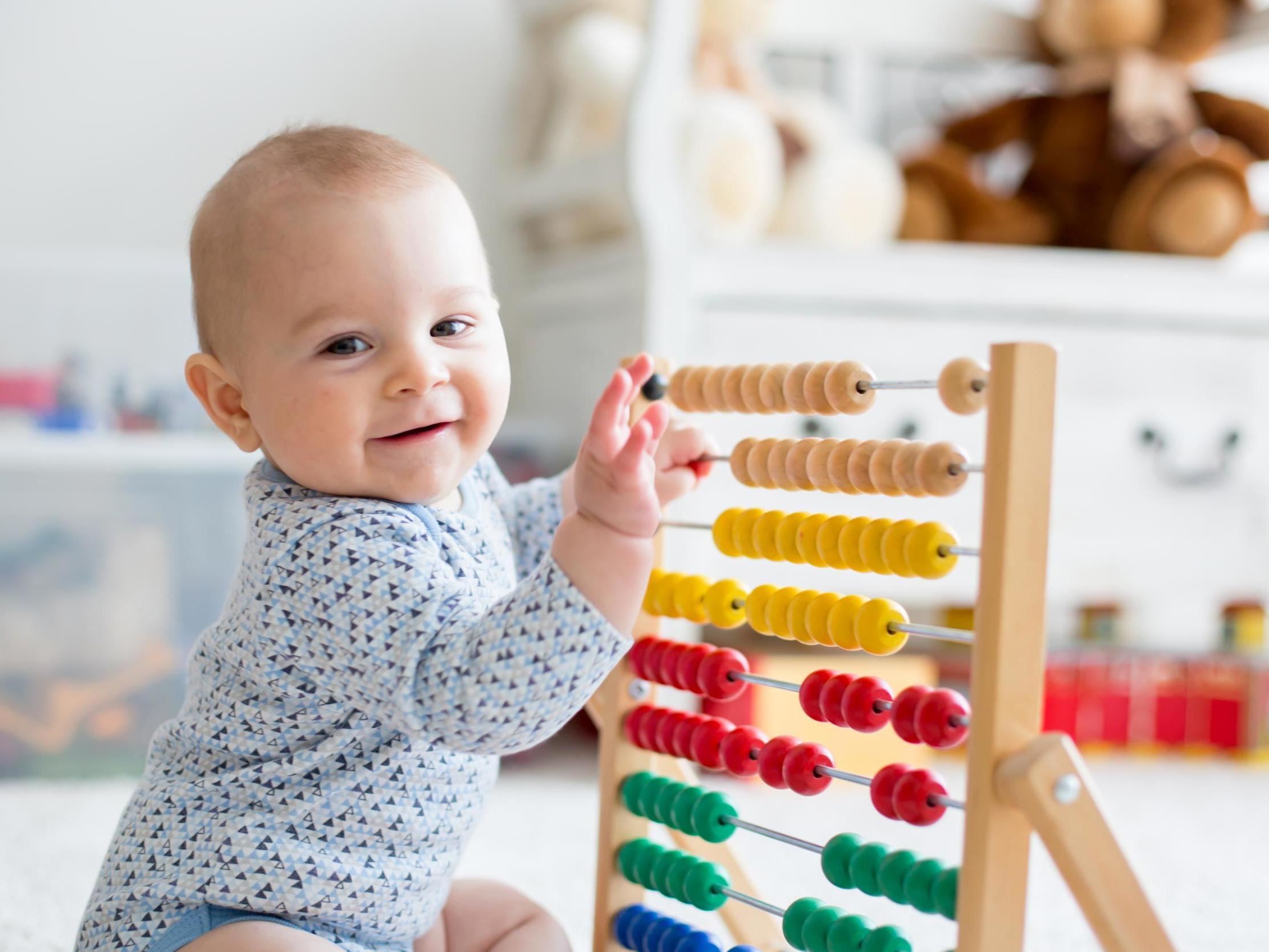Young people with good counting skills are more likely to share, study finds
Prompting children to count also made them more generous, Charlene Rodrigues reports


A new study has found young children who are good with numbers are more likely to share valued items with friends.
US researchers concluded that counting skills were the single biggest predictor of “fair sharing behaviour” among three to five-year-olds, in a study published in the Child Development journal.
Prompting children to count also made them more generous, the researchers found in a study that has been carried out for the first time.
The findings suggest one of the reasons some youngsters struggle to share is because their counting skills are still developing.
Study author Dr Nadia Chernyak said: “This is the first research to investigate whether symbolic counting exerts a causal impact on sharing behaviour.
“We reasoned that children who do not share fairly would benefit from the modelling of proper counting behaviours thereby providing them with a behavioural tool that would facilitate fair sharing.”
To carry out the study, academics from Harvard University, Boston College and the University of California gave children a set of sharing tasks where they distributed stickers between themselves and another person.
Their first study explored the relationship between sharing behaviours and counting, cognitive control and working memory among 97 three to five-year-olds. Among children who had not yet learnt how to count, an intervention such as counting on animal cards made them more likely to share.
A second study of 219 three to five-year-olds was very similar but the counting and sharing tasks were made more alike.
Linguistic prompts were also made clearer to make connections more obvious for children who had trouble seeing links between cards with animals, which they were told to count, and stickers, which they were told to share.
The results once again showed counting skills are related to sharing behaviours, and that counting prompts can encourage children to share.
Study author Dr Sara Cordes said: “It’s important to recognise the differences in how children and adults process, respond, emphasise, and encode numerical information.”
“Children’s behaviour should not be evaluated with what we think they ‘ought’ to be doing, but with respect to their developmental stage and a full understanding of their current cognitive abilities and how they relate to social skills.”
Join our commenting forum
Join thought-provoking conversations, follow other Independent readers and see their replies
Comments
Bookmark popover
Removed from bookmarks